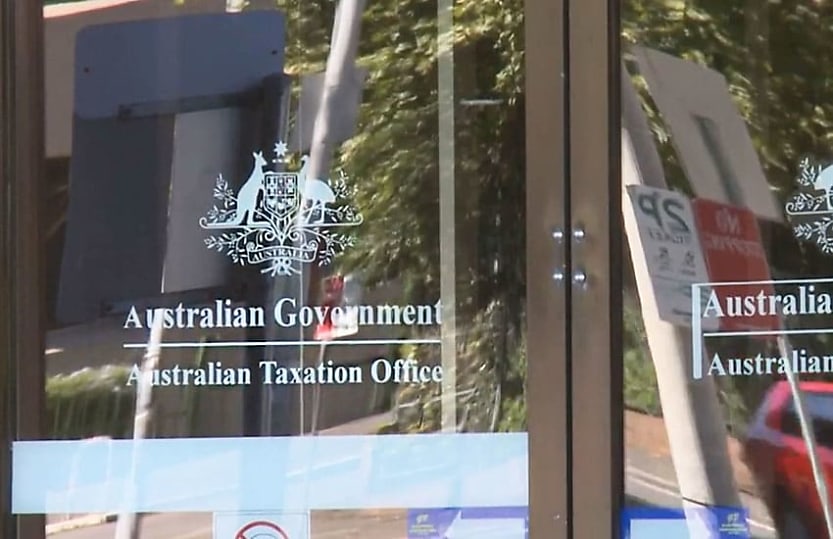ATO issues reminder on looming interest deductibility changes

Interest charged by the Tax Office for late payments or underpayments will no longer be tax-deductible as of 1 July.
The ATO is reminding taxpayers of the upcoming changes to the deductibility of interest, with late payments or underpayments no longer deductible as of 1 July 2025.
The change came as a result of the Treasury Laws Amendment Act 2025 now being law, meaning any general interest charge (GIC) incurred on and after 1 July 2025, regardless of whether the debt related to an earlier income year, would no longer be tax deductible.
Anita Challen, ATO assistant commissioner, said she wanted to remind taxpayers to pay in full and on time to avoid GIC accruing on overdue debts.
“These changes will mean it will cost more to carry a tax debt and, while taxpayers won’t feel this change until next tax time, ATO general interest charge is currently charged at 11.17% and compounds daily, making it so important to get on top of your tax obligations,” she said.
“If you have a tax debt you’ve been putting off paying, now is the time to pay. Setting aside your GST, pay as you go withholding and super from your business’s cash flow in a separate bank account can help ensure you have the funds available when it’s time to pay.”
According to the ATO, the change was designed to ensure that taxpayers who did the right thing and paid their tax in full and on time were not disadvantaged relative to those who delayed payment.
“Like any other commercial loan, interest is applied if an amount of tax or other liability remains unpaid after its due date, or if there is a shortfall of payment due to an amendment or correction. This is designed to encourage timely payment of tax and compensate the community for the cost of late payments.”
Interest charged by the ATO that was incurred before 1 July 2025 could still be claimed as a deduction this tax time, Challen said.
If taxpayers lodged online using myTax, the interest that could be deducted would be pre-filled in their tax return, and they could also verify the accuracy of the pre-filled data by checking it against their account and details.
The ATO added that there had been no change to the laws on remission of GIC, and taxpayers would still be able to request the ATO to remit interest charges and that they should be aware that remission requests were carefully assessed to ensure a level playing field for taxpayers who paid on time.
Challen said if unable to pay on time and in full, a payment plan may need to be set up with the ATO using online services or by contacting a tax professional.
“Interest will continue to accrue if you are paying your ATO debt off through a payment plan, but as you make payments, the amount of interest you are charged will also decrease,” she said.
“If you cannot pay on time and in full, you should also discuss your financial position with your accountant or finance provider to understand if there are alternative methods of funding payment of tax debts that might have a lower interest rate. If you are considering obtaining third-party financing to pay your tax debt, you should discuss the tax implications with your registered tax agent or adviser.”
About the author

